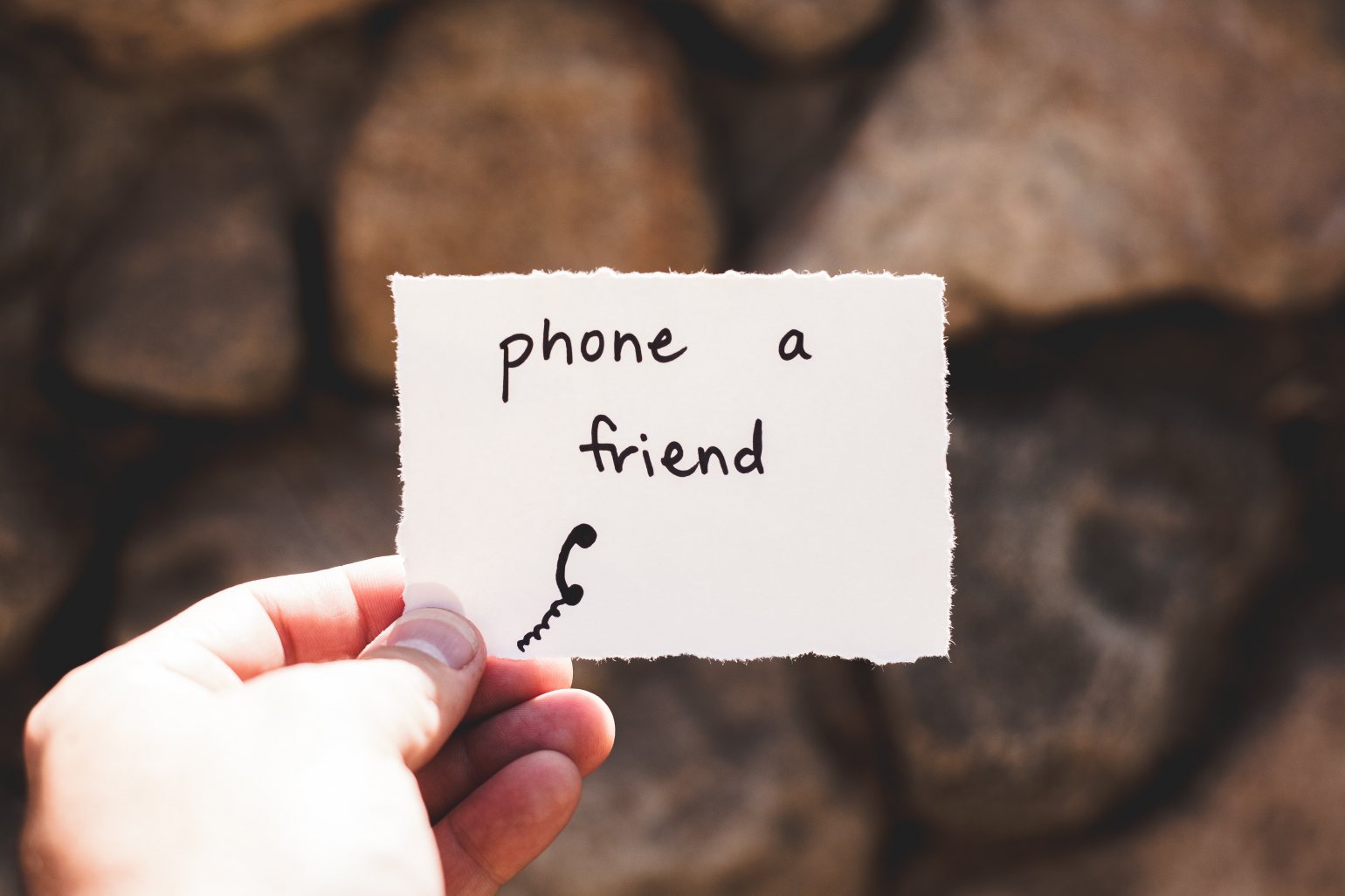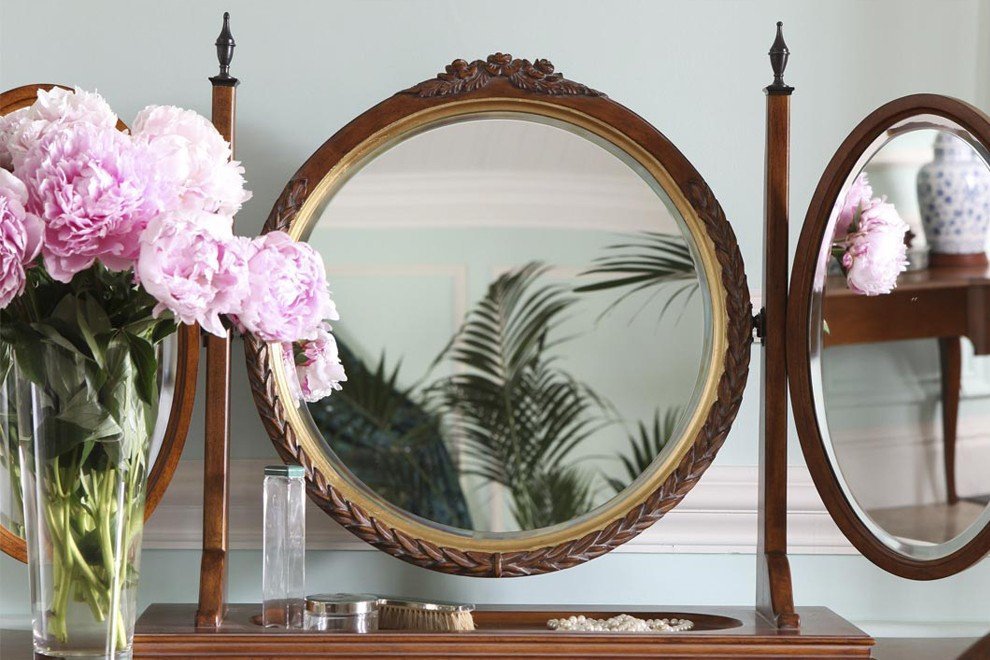How to thrive in the new lockdown
Today, on Thursday the 5th November 2020, England enters another national lockdown to help combat the coronavirus. I heard this news with a sense of dread like the rest of the nation. However, rather than allowing ourselves to be consumed with worry and sadness, we can look at this as an opportunity to take a moment to think about what really matters in our lives. We can make some changes during this second national lockdown so that we can thrive instead of just surviving.
Self-Care
It is so easy to put everyone else first and neglect yourself. Self-care is a fundamental part of making sure that you are the best version of you that you can be. Think of lockdown as your cue to look at how much self-care you are giving yourself? We need to look after ourselves both physically and mentally. Focus on what things you can do, rather than what you can’t do at the moment.
Physical Health
Physically, one of the best things you can do for yourself is to get a good night’s sleep. If you regularly get between 7-9 hours’ sleep per night then you are more likely to maintain a good weight, reduce depression and anxiety, boost your immune system as well as long term reductions in risk of cancer, heart disease and Alzheimer’s. If you aren’t sleeping as well as you would like to, then make sure that you give yourself a wind-down time before bed, that your bed is comfortable and supportive, you don’t use your phone in bed and that you aren’t lying in bed anxious and worrying. It is also important to exercise, both for improved sleep and for your physical and mental health.
If the weather allows, get outside in the late morning or at lunchtime for a brisk walk each day. This will give you some exercise as well as getting vital daytime sunshine – which helps to improve your sleep and also boosts your mood. If you can’t get outside, there are plenty of free YouTube exercise classes to choose from where you can exercise in your own home at a time that suits you. Joe Wicks has announced that he will produce three workouts a week for as long as the second lockdown lasts called “Wake Up With Joe”, following his huge success with his daily workouts during the last lockdown.
Mental Health
Mentally, the second lockdown could be a chance for you to take stock and look at which aspects of your life are bringing you happiness and which aspects are not. What things do you enjoy? Do you make time each day to do the things you enjoy, or has your life been dominated by things you feel you have to do and don’t enjoy. See if you can intentionally add more of what makes you happy into your daily routine.
Social isolation can have a huge impact on our mental health, so make sure that you reach out and talk to people during lockdown – even if you can’t see them in person. You can call a friend, have a family gathering on Zoom or arrange to meet up with one other person for a walk outside (which is permitted in England at the time of writing!). Just because you are stuck at home doesn’t mean that you have to be lonely.
If you are feeling very low then you can speak to your GP and there are a number of organisations that you can contact for help:
Mind
The Samaritans
Tel: 116 123

Anxiety
It is natural to be anxious about the future – there is so much unknown. However, anxiety is not good for us. As well as making our minds race with worst case scenarios, anxiety also physically affects us. When we are stressed we produce cortisol, our stress hormone, and too much cortisol is not good for us. Also, if we feel very anxious then our fight or flight mechanism kicks in to raise our heartrate and make our breathing fast and shallow. This is a natural response to help us deal with a physical threat that we might need to fight or run away from. However, most modern-day threats can’t be fixed by fighting someone or running away – we can’t defeat the coronavirus by fighting it or running away! Anxiety also is very bad for our sleep.
To combat anxiety, make time to relax during the day. A warm bath before bed can relax you both physically and mentally. Also, mindfulness is a fantastic way of calming a busy mind and has been shown to improve sleep and mental health. If you find that your mind is racing with anxious thoughts as you try to sleep, then making time to deliberately worry during the day can be very helpful. Get a notepad and a pen and write down anything that you are worrying about, and write anything that you can do to improve the situation. Even if you can’t make the worry go away completely, by taking time to write about worries, your mind will be less busy at night.
Make your house a home
With so much more time spent at home, you could look at ways you can make your house somewhere you really enjoy being. Pinterest is a great resource for home improvement inspiration. You could bring nature inside with some indoor plants or fresh flowers, or use essential oils to make your house smell divine. If you are inspired to make a more significant home makeover, such as replacing your luxurious bed or mattress to make your bedroom a more enjoyable place to be, then And So To Bed have their sales associates available for telephone consultations, web & video chat as well as online sales via their website over this lockdown period.
During this second lockdown, perhaps you could use the time to improve something about yourself or your home so that you come out of lockdown healthier, happier or with a more beautiful home than when you went in. It is a really hard time for us all, but concentrating on something you can change is better than worrying about all the things that you can’t control. Stay safe everyone.
And So To Bed is open for Virtual consultations, Web Chat or Telephone enquiries to support customers with their orders as well.

Author
Dr Lindsay Browning from Trouble Sleeping is a sleep expert, Chartered Psychologist and neuroscientist. She is the Sleep Ambassador for And So To Bed. She is the author of the self-help sleep book Navigating Sleeplessness and can be found on all social media @DrBrowningSleep. Browning works with individuals and companies to educate about better sleep and to resolve sleep problems such as insomnia. You can follow her on Twitter, Instagram and Facebook.
-
Posted by Dr Lindsay Browning
5th November 2020


